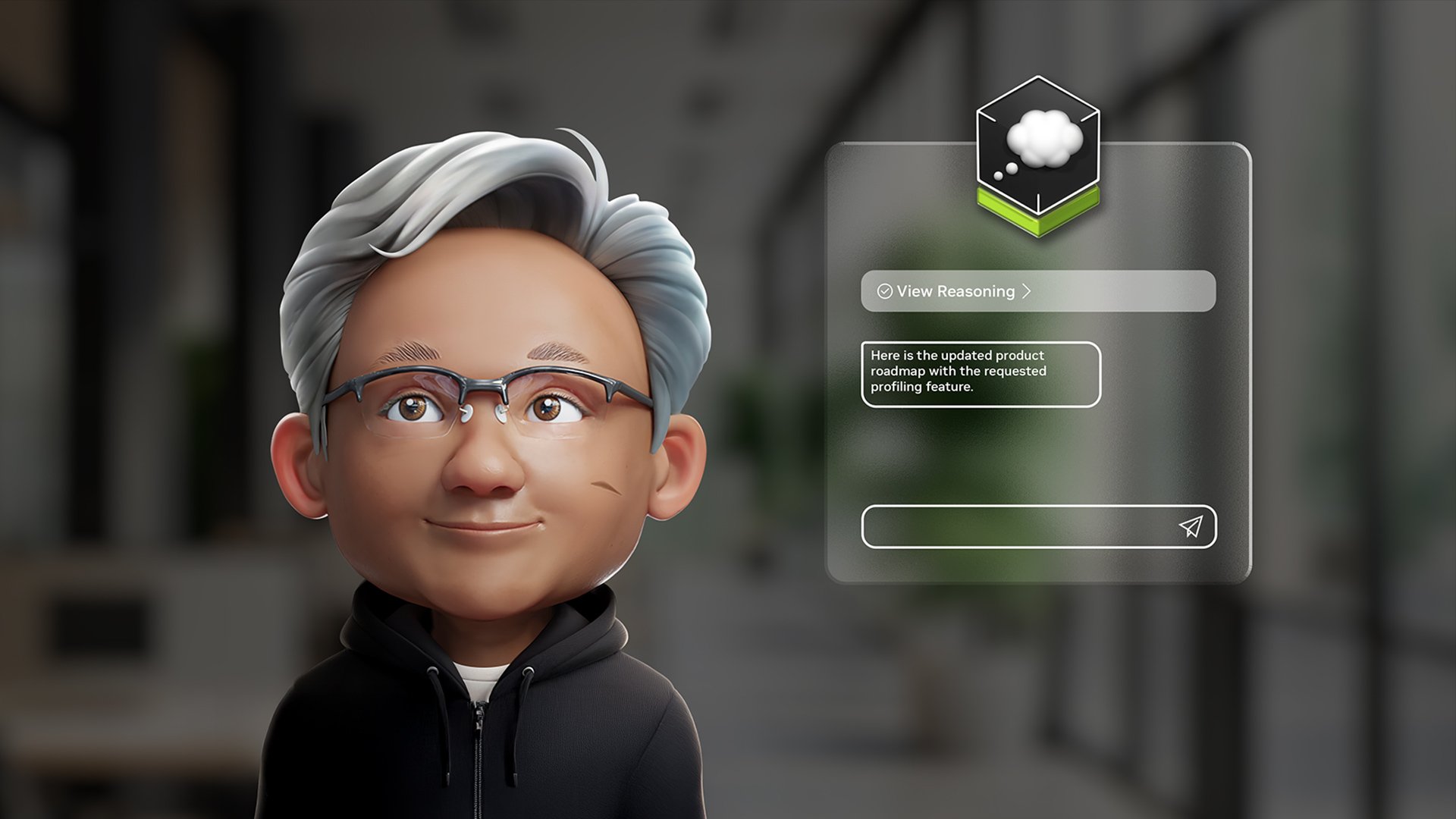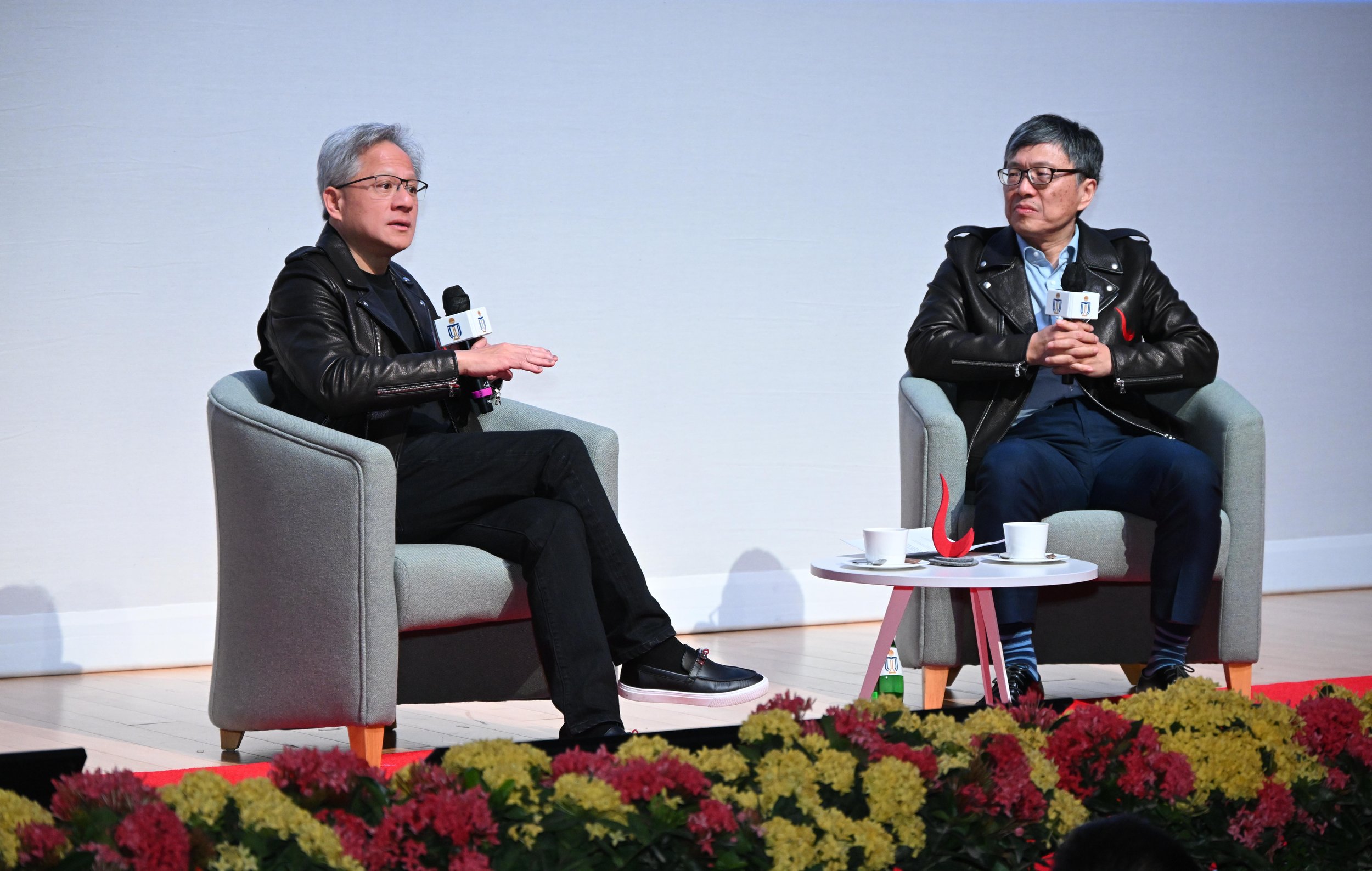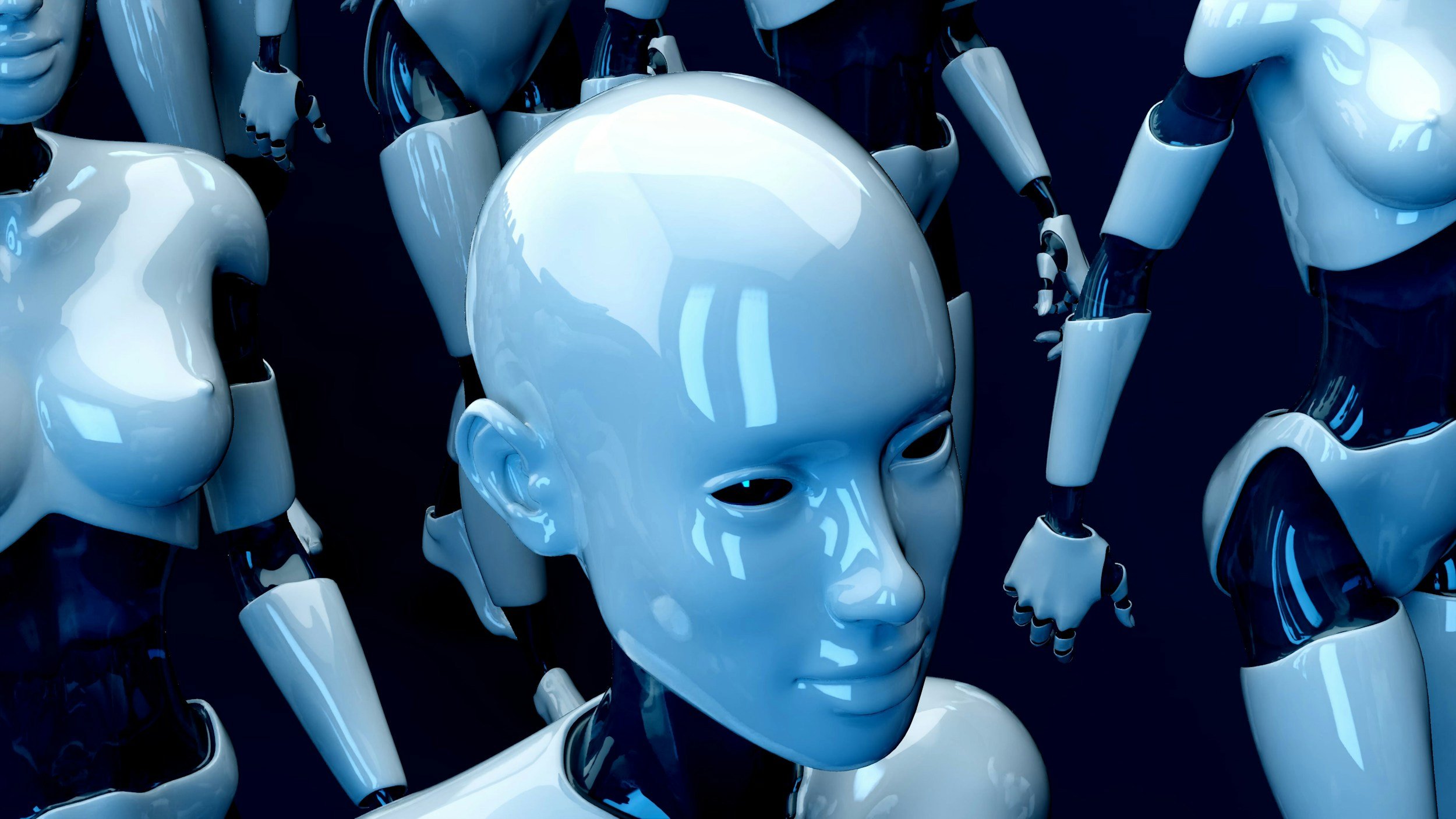
AI Integrations
TheDayAfterAI News
AI Integrations
TheDayAfterAI News
Google’s AI Strategy: AI Mode vs Gemini in a USD 1.8 Trillion Market
Google differentiates its artificial intelligence offerings by positioning AI Mode as a search-integrated tool for real-time queries and Gemini as a standalone assistant for creative and multimodal tasks. This report explores their diverging roadmaps, subscription tiers, and functional boundaries within the broader competitive landscape.

Latest Trends & Development
AI Academy
AI Evolution
AI Academy

AI Explodes Data Growth, Tripling Since 2019: How to Balance Efficiency and Accuracy?
AI Foundations
AI Integrations
AI Philosophy
AI Academy
Weekly Highlighted Videos
Curated and recommended by our team, these videos delve into the fundamentals of AI, its evolution and the philosophical implications of its advancements. Explore how AI is shaping our understanding of technology and humanity.
Have a video you'd like featured? Contact us today!
More Advanced Technologies News

Chatbot Development
Chatbot Development
Technology & Innovation
Technology & Innovation
Unmanned Aircraft
Unmanned Aircraft
Daily AI Headlines
Featured


















































































